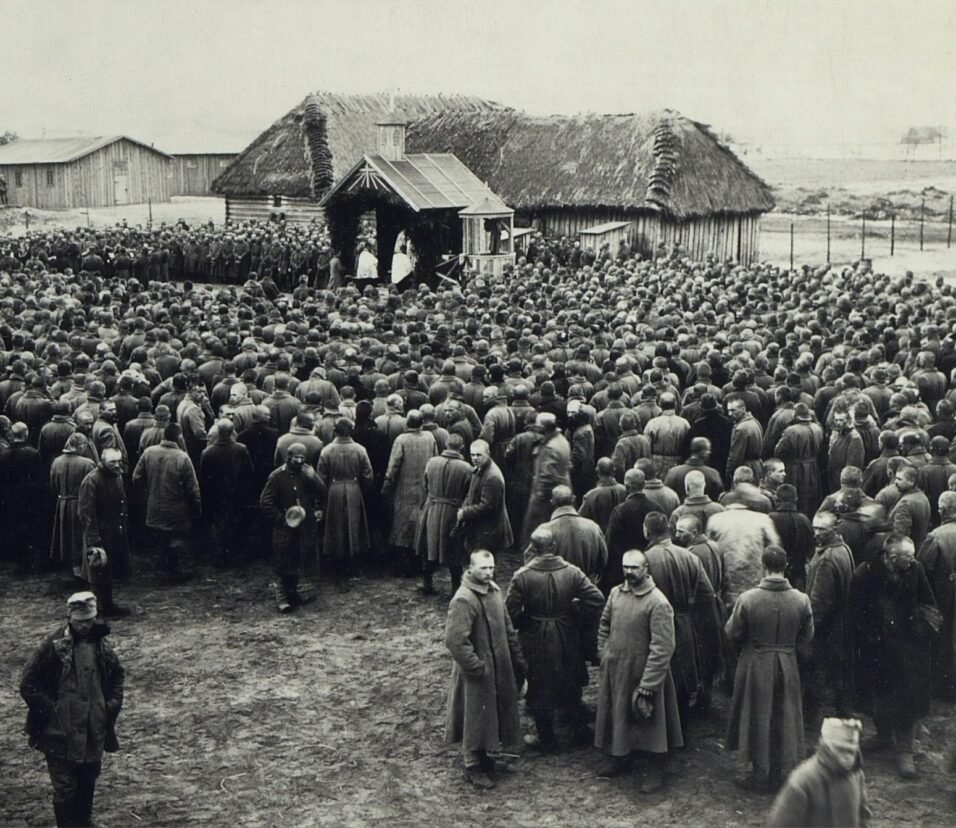The Monroe Doctrine
Introduction
James Monroe’s presidential tenure heralded a new era in U.S. history, one deeply influenced by a foreign policy gem known as the Monroe Doctrine. This seminal text has been a linchpin in American politics and international relations since 1823. But what exactly is the Monroe Doctrine? How did it shape the U.S. approach to global affairs, particularly in the Western Hemisphere? Let’s delve deeper into these questions.
Pre-Monroe Era: A Brief Look
Before discussing the Doctrine itself, it’s essential to consider the historical landscape. The early 19th century saw Latin America in a flux of independence movements. Simultaneously, Europe was divided and unstable, and newly formed countries in the Western Hemisphere became tempting targets for colonization. Amidst this background, the U.S., having freshly emerged from its own War of Independence and the War of 1812, sought a way to establish itself as a significant player in international politics.
Inception: The Need of the Hour
The Doctrine came into existence as a part of President Monroe’s seventh annual message to Congress in 1823. It had two main objectives: to deter European powers from imposing their rule on newly independent countries in the Americas and to keep them from meddling in U.S. affairs. In essence, it aimed to declare the Western Hemisphere off-limits to European expansion.
Key Tenets: Simplified
The Doctrine had several key points:
- No more colonization by Europe in the Americas.
- Non-interference from Europe in American affairs.
- Any attempt to exert such interference would be viewed as an act of aggression requiring U.S. intervention.
Short-Term Impact: A Mixed Bag
While Latin American countries generally welcomed the Doctrine, its immediate impact was limited. The U.S. lacked the military might to enforce its words, so European powers didn’t take it too seriously. However, the Doctrine did pave the way for future American diplomacy.
Evolution: Adapting to Changing Times
As time moved on, the Doctrine adapted. Theodore Roosevelt’s “Roosevelt Corollary” and the “Good Neighbor Policy” by Franklin D. Roosevelt were among significant evolutions. The Doctrine extended its scope from passive resistance against colonization to proactive intervention in regional affairs.
The Cold War Period: A New Angle
During the Cold War, the Monroe Doctrine took on a new shade of meaning. It was invoked to justify interventions in Latin America, primarily aimed at curtailing the spread of communism. The Doctrine now served as a shield against ideological invasion from the Eastern Bloc.
Further Evolutions: The Doctrine in the 21st Century
While the Monroe Doctrine had its roots in the early 19th century, its influence has continued to evolve well into the 21st century. The foreign policy approaches adopted by recent U.S. administrations still reflect traces of the Doctrine’s original intent.
Modern Adaptations: Trade and Economy
In today’s interconnected world, the Doctrine’s principles extend beyond military intervention to economic engagement as well. Trade agreements like NAFTA and its successor, the USMCA, indicate a continuing focus on close ties with neighboring countries in the Western Hemisphere. The United States has sought economic partnerships as a way to solidify its leadership role, implicitly keeping external powers at bay.
The Doctrine and China’s Rise
China’s increasing influence in Latin America poses a complex challenge to the United States, echoing the very issues that led to the Monroe Doctrine’s establishment. Will the U.S. invoke the spirit of the Doctrine to counter China’s growing presence? It remains to be seen, but the relevance of Monroe’s policy in such discussions is unmistakable.
Debates and Discourses: The Doctrine in Modern Academia
The Monroe Doctrine also holds a spot in scholarly debates about interventionism versus isolationism, particularly as it pertains to American foreign policy. Arguments either favoring or criticizing the Doctrine’s historical use to justify American intervention in Latin America offer important perspectives for future policy considerations.
The Doctrine and International Law
The Monroe Doctrine’s influence can even be felt in the realm of international law. The concept of regional sovereignty and the rights of nations to protect their regional interests can be traced back to the principles laid down by Monroe. However, critics argue that the Doctrine has been used to legitimize acts that would otherwise be against international law, complicating its legacy.
Relevance Today: Waning but Not Forgotten
Though not as overtly cited today, the Monroe Doctrine’s spirit is ingrained in modern U.S. foreign policy. The idea that America has a special role in maintaining stability in the Western Hemisphere is still very much alive.
Criticisms: Not Without Faults
However, the Doctrine has its critics. Detractors argue that it was often a cover for American imperialism, allowing the U.S. to interfere in the affairs of sovereign nations under the guise of protection.
Common Misconceptions: Setting the Record Straight
Many believe the Doctrine was an immediate success or universally accepted; it was neither. It took decades and several iterations for it to gain the power and credibility it holds today.
Learning Lessons: Why It Still Matters
The Monroe Doctrine serves as a lesson in the power of policy. It proves how a single policy statement can influence global dynamics for centuries.
Concluding Thoughts: The Legacy Lives On
From its humble origins to its complex modern interpretations, the Monroe Doctrine has been a defining feature of American diplomacy. Its underlying message of non-European interference in the Americas has remained consistent, even as its applications have varied.
As a cornerstone of foreign policy, the Monroe Doctrine offers rich insights into the mechanics of international relations. In this increasingly globalized world, such understandings become ever more crucial. By studying this significant policy, one gains not only a historical perspective but also an understanding of the complexities involved in maintaining a country’s sovereignty and influence.
While the Doctrine may not be as overtly prominent today, its essence lingers on, shaping the United States’ foreign policies and relationships. And so, nearly two centuries after its conception, the Monroe Doctrine continues to be a subject of critical importance, deserving of our attention and analysis.







